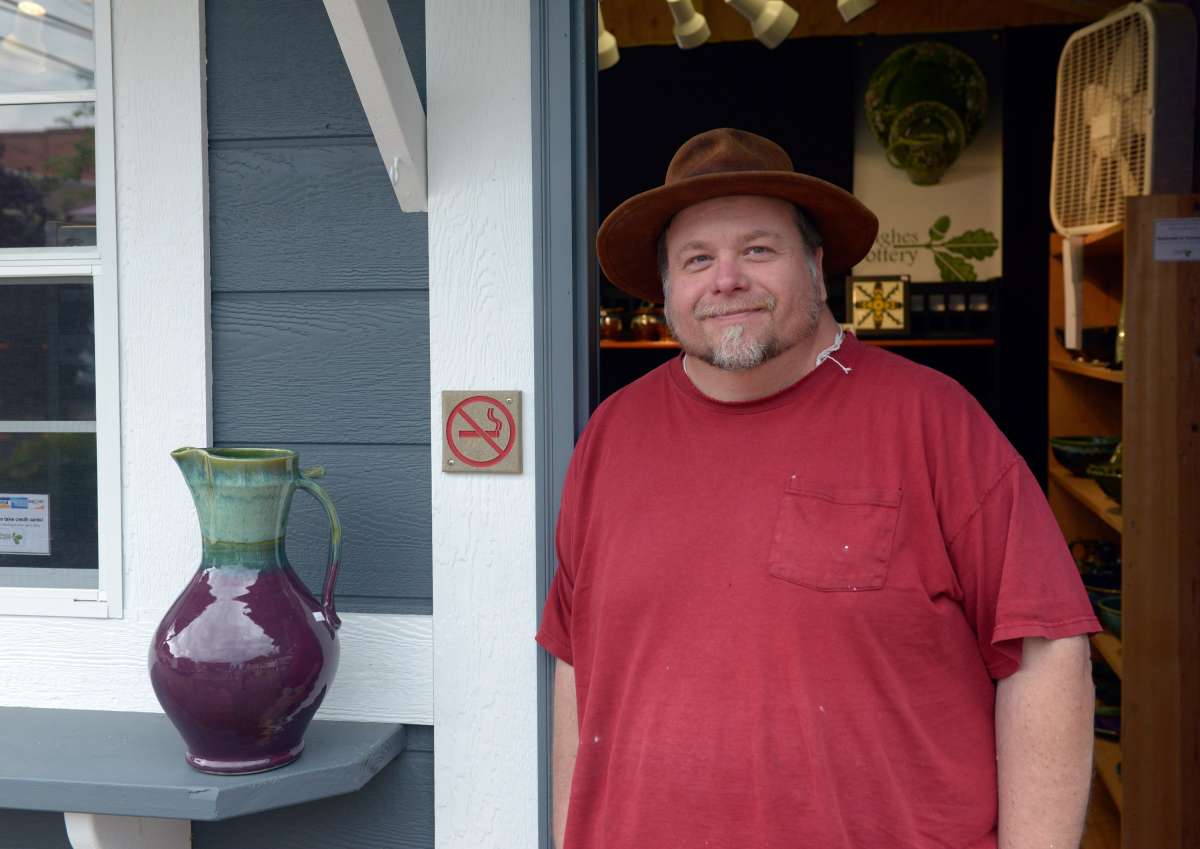New research finds high rates of depression among Parkinson’s patients
The widow of Robin Williams has made public that the actor was in the early stages of Parkinson’s disease before taking his own life this week.
“Robin’s sobriety was intact, and he was brave as he struggled with his own battles of depression, anxiety as well as early stages of Parkinson’s disease, which he was not yet ready to share publicly,” Susan Schneider wrote in the statement.
Williams had a long history of depression, but Parkinson’s disease might have further affected his mental health. Depression is a known symptom of this neurodegenerative disorder, and a new study just confirmed high rates among patients, even very early on.
The new findings, the first longitudinal study to come out of the national Parkinson’s Progression Markers Initiative (PPMI), are published in the Aug. 15 issue of Neurology, the medical journal of the American Academy of Neurology.
Researchers at the Perelman School of Medicine of the University of Pennsylvania tracked Parkinson’s patients from the time of their diagnosis over two years, and compared their rates of depression to healthy peers. The rates were twice as high in year one — 14 percent compared with 7 percent in the control group. In the second year, the rates of depression were even higher.
Lead researcher Daniel Weintraub said the diagnosis itself can be devastating, but the mechanism of Parkinson’s also causes changes in the brain.
“Brain regions, pathways, and chemicals that are affected by Parkinson’s disease and produce the motor symptoms are also closely associated with mood regulation,” he explained.
Patients should be educated about the non-motor symptoms of Parkinson’s disease and be screened for depression on a regular basis, Weintraub said.
Reaching out to others affected by the disorder is an important part of care, said Wendy Lewis, who heads the Parkinson Council, which is headquartered in Bala Cynwyd. She also suggests enlisting professional help.
“We encourage people living with this disease to create a comprehensive care team, and part of that team will include a mental health professional,” she said. The council offers support groups for both patients and their care partners.
Both medications and therapy have shown results in treating people with Parkinson’s-related depression.
WHYY is your source for fact-based, in-depth journalism and information. As a nonprofit organization, we rely on financial support from readers like you. Please give today.






